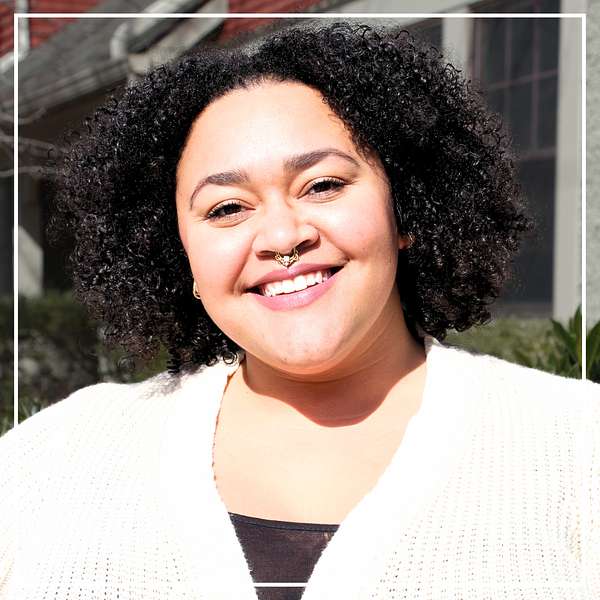
The UPLift with Tzedek: Real Talk for Real Change
Welcome to The UPlift - Real Talk for Real Change! We're here to build authentic community relationships and help fuel social transformation in Asheville, NC, believing collective liberation is not only possible but probable as we share, listen, and learn together.
The Tzedek Social Justice Fund is a social justice philanthropy fund that redistributes money, resources, and power to support systems change and community healing in Asheville, North Carolina. Through adaptive, trust-based philanthropy, we resist oppressive systems and work to transform our collective home into a place where everyone flourishes. We fund mission-aligned work centering LGBTQ Justice, Racial Justice, and/or Dismantling Antisemitism; this means we give money to organizations and individuals invested in creating a more fair, equitable, and flourishing society.
We dream of a thriving Asheville where everyone's needs are abundantly met - where everyone is safe, respected, and celebrated. We believe that a community rooted in joy and love is possible - that is, if we can connect and build our shared vision on the value that liberation is for all.
Sound good to you? We hope so!
Let's be real. Let's go deep. Let's get liberated.
The UPLift with Tzedek: Real Talk for Real Change
Coffey Talk: What's Brewing at Tzedek?
In this 2024 kick-off episode, we jump into the beautiful, sometimes messy world of community engagement and social justice work alongside Tzedek's newest team member, Tera Coffey. In sharing her experience of working in the government grind to navigating the nuts and bolts of nonprofits, Tera's experience speaks to the innate truths and challenges of staying true to oneself while still pushing for collective progress. From the United Way to CoThinkk, and now as the Director of Community-Led Grantmaking at the Tzedek Social Justice Fund. Her comfort zone is that sweet spot where heart meets action. Our conversations take us from the personal to the professional as we unpack what it means to authentically connect with others, and how we can hold space for tough conversations without losing our cool or compassion.
About Tera: Tera Coffey kickstarted her career as an organizer focused on creating impactful messaging and building strong community-driven outreach while leading Get Out The Vote (GOTV) campaign operations during the 2016 Presidential election in Florida and the 2020 election in Detroit. Her government experience includes legislative policy analysis and strategy, communication development, and constituent and organizational relationship building in Texas at both state and county levels. She brings her passion for racial equity and relationship cultivation to her philanthropic service, consulting with Western North Carolina-based funders as a facilitator and thought partner in building grant systems and accountability measures necessary to drive deep, systemic change.
Whether you're here for our perspective on what binds us in the work for collective liberation or just curious about the latest and greatest from the Tzedek universe, this episode's buzzing with real talk and real solutions. So come on in, the water's great—just ask Tera about her bath goodies—and let's soak up some transformative ideas together.
We'll see you same time, same place next month. Until then, peace.
.png)


.png)